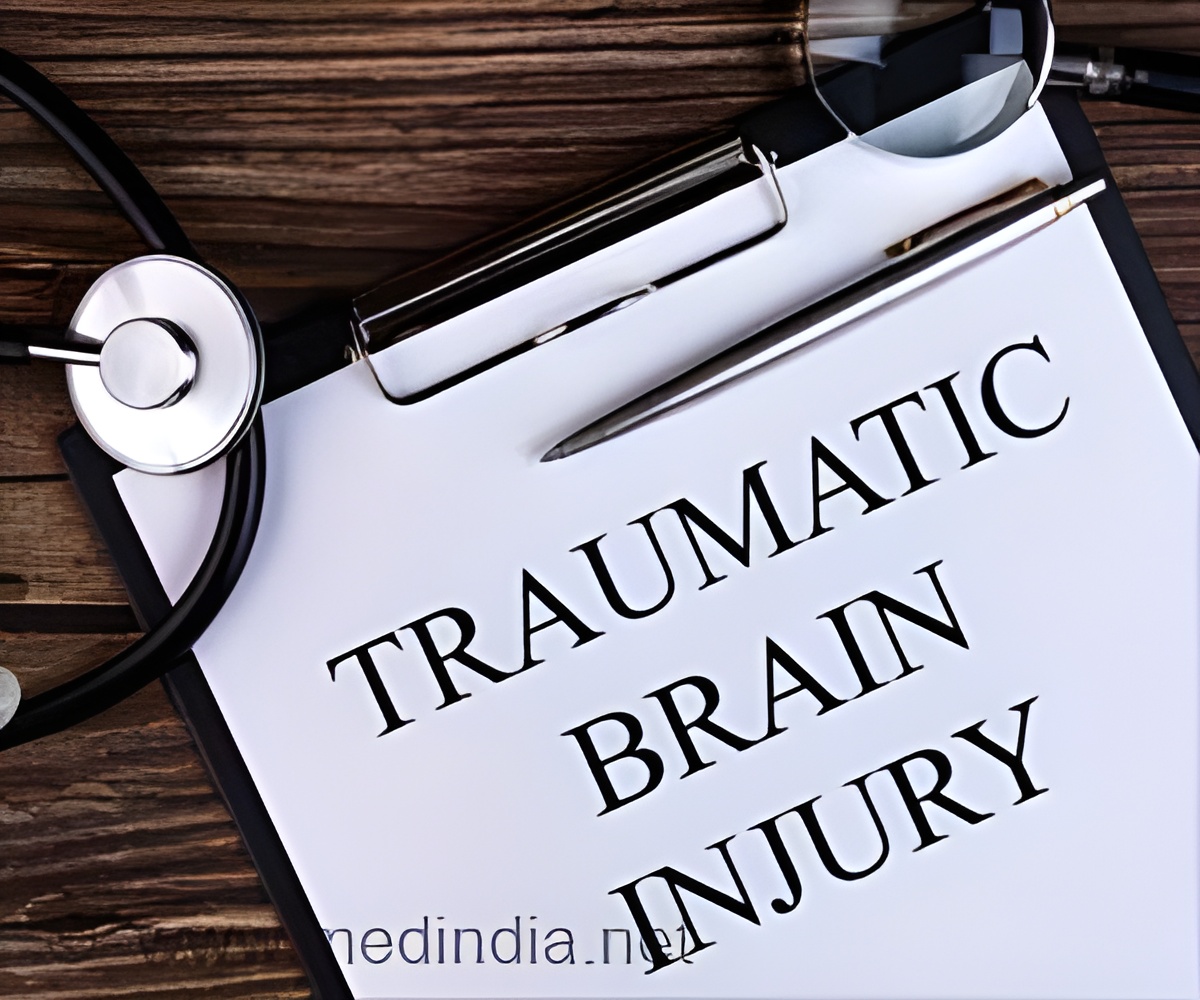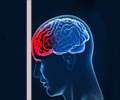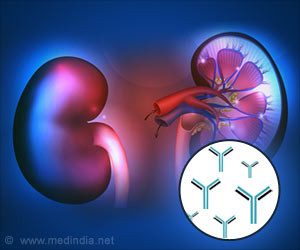Pilot clinical trial explores if early intervention post-brain injury boosts cognitive recovery, aiming to improve outcomes for affected individuals.

‘Researchers are exploring #brain_stimulation as an early treatment for #TBI to boost #cognitive recovery. Could this be a game-changer for #brain_injury patients? #neuroscience ’





Ishita Basu, PhD, assistant professor in the Department of Neurosurgery at the University of Cincinnati College of Medicine, has been awarded an $810,000 Army Medical Research Grant to conduct a pilot clinical trial testing noninvasive electrical brain stimulation as a cognitive rehabilitation method. Basu’s research began focused on cognitive processes that are disrupted by mental health disorders, but she has expanded her scope to include how brain injuries such as stroke and TBI affect similar processes.
“I wanted to expand to TBI, as there are a lot of unmet needs in terms of cognitive rehabilitation in this population,” Basu said. “It is crucial to develop treatments for early phases of TBI to better improve cognitive recovery and prevent long-term cognitive impairments.”
“There is limited evidence available for efficacy and safety of brain stimulation in improving cognitive outcomes during acute stages of TBI, and these time-sensitive cognitive therapies have yet to be fully explored,” she said.
Advertisement
“We think that treating TBI earlier with A-tES during the acute and early chronic phases of brain injury will better improve cognitive recovery compared to a similar treatment used only in the chronic phase,” Basu said.
Participants will then be randomized to either receive A-tES for 15 minutes while performing cognitive tasks or to receive a sham stimulation. At three months, all participants will again complete the questionnaires and receive A-tES while performing cognitive tasks during brain recording.
Six months after their injury, participants will complete the questionnaires and tasks a final time, with no one receiving stimulation treatment.
Basu said the primary goals of the study are to determine how brain activity changes with cognitive recovery between the acute and chronic phases of TBI and to determine how the time of administering A-tES affects cognitive performance and brain activity in patients following a TBI.
Collaborating with a community advisory board (CAB) of TBI survivors, caregivers and medical experts, the researchers will also develop a quality-of-life questionnaire. CAB members will be involved in interpreting the quality-of-life results and how they relate to other outcome measures.
The team hopes data from the pilot study will also help lay the groundwork for a larger clinical trial with more participants and a longer follow-up period.
“Our long-term vision is for patients with TBI to go back to regular daily living and cognitive function within months of their injury,” Basu said. “We hope that this will be a cognitive rehabilitation tool that will accelerate recovery post-injury.”
Source-Eurekalert















